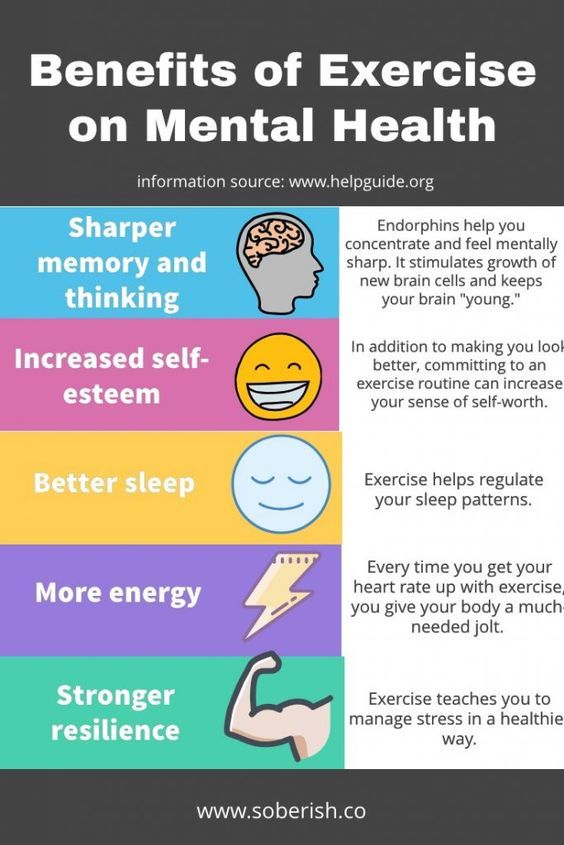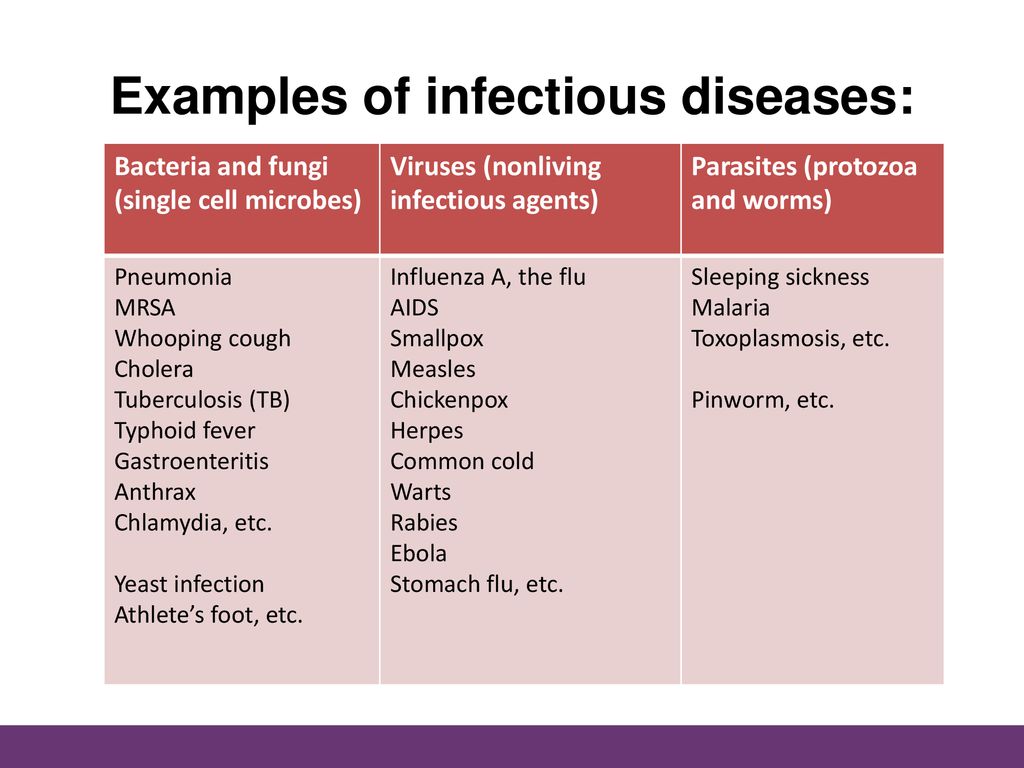Routines and mental health
The Mental Health Benefits of Having a Daily Routine
Working, cleaning, cooking, working out, and taking care of family members are just a few of the things that we do every day, and it’s easy to feel overwhelmed. It can feel impossible to mark everything off your to-do list, especially if you’re struggling with a mental health condition like major depression, substance use disorder, or traumatic stress disorder.
By establishing a daily routine, we can set aside time to take care of tasks and focus on our mental and physical health. Routines are essential at every stage of life—from childhood and adolescence to adulthood. They help us cope with change, create healthy habits, improve interpersonal relationships, and reduce stress. Studies have shown that daily routines have far-reaching mental health benefits, from alleviating bipolar disorder and preventing substance abuse to managing the symptoms of other mental disorders.
It takes 21 days to form a new habit, and the same goes for a routine. If you set and stick to a new plan for three weeks, there’s a good chance you’ll stick to the routine for a long time. When it comes to mental health, here’s how a daily routine can make a significant difference.
Routines help alleviate anxiety.
To cope with anxiety it’s essential to sit down, identify what’s worrying you, and address your concerns. When we create daily routines through exercising or changing our sleeping patterns, this allows our bodies to adjust and know what to expect.
The same goes for mental routines—creating predictable scenarios through habits allows your mind to adjust, understand what to expect, and alleviate anxiety over the unknown. Journaling is a great way to establish a regular schedule, especially for those struggling with the symptoms of anxiety disorder. Journaling at the same time every day can help you start a process—or routine—of mental restoration and wellness.
Routines promote healthy habits.
For people with busy schedules, daily plans can promote healthy lifestyle habits.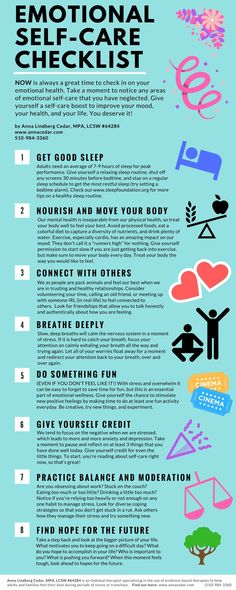 Simple changes like packing your lunch before work can help you eat a more balanced diet while going to bed at the same time every night can promote a consistent sleep schedule.
Simple changes like packing your lunch before work can help you eat a more balanced diet while going to bed at the same time every night can promote a consistent sleep schedule.
Additionally, set aside time to focus on your physical health. You don’t need to spend hours in the gym every day to enjoy the benefits of exercise. If you’re short on time, scheduling a few minutes of high-intensity interval training (HIIT) can boost your self-esteem, improve your mood, and provide numerous mental health benefits, according to the National Institute of Mental Health.
For parents, establishing healthy family routines can help young people adapt to the new realities of working from home, home-schooling, and temporary unemployment, according to the World Health Organization.
Ready to get back on track?
Routines help combat burnout.
According to a national survey on behavioral health, one-third of adults in the United States experienced extreme stress within the past year, while nearly half of adults believe their stress levels increased over the past year.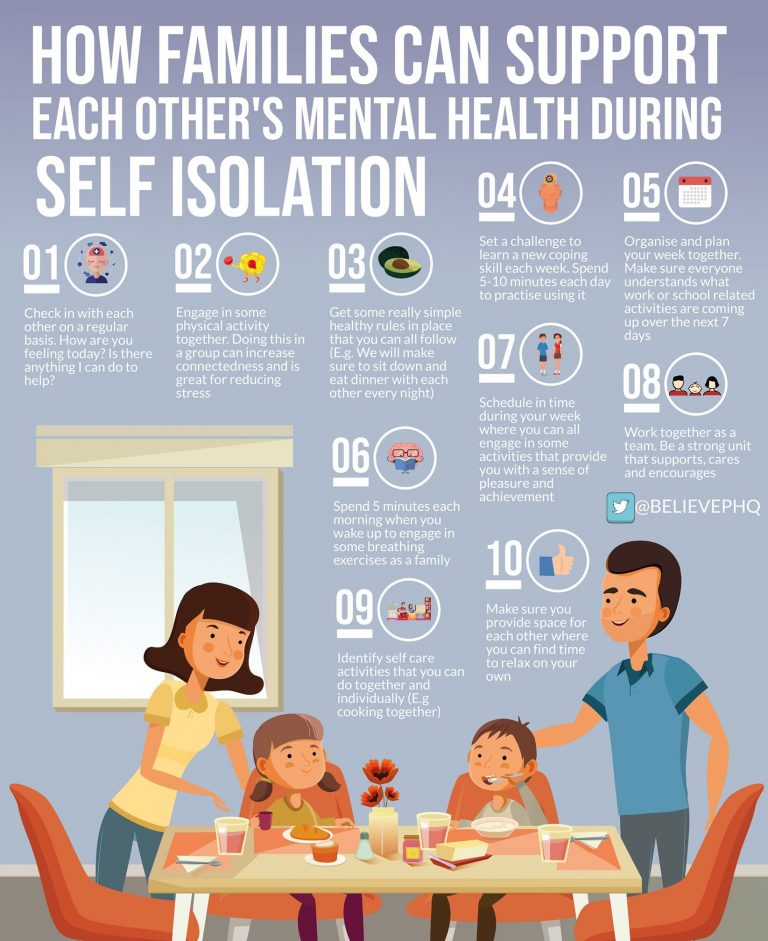 The gradual accumulation of stress leads to burnout, which can cause mental and emotional exhaustion, poor interpersonal relationships, and lost productivity at work. While it affects everyone differently, burnout can lead to serious health conditions and mental health issues over time.
The gradual accumulation of stress leads to burnout, which can cause mental and emotional exhaustion, poor interpersonal relationships, and lost productivity at work. While it affects everyone differently, burnout can lead to serious health conditions and mental health issues over time.
No matter how busy you are, there are different ways to prevent and combat burnout. If you’re on the road to burnout, try making the following changes to your daily schedule:
- Stick to a morning routine.
- Avoid hitting the snooze button.
- Take periodical breaks throughout the day.
- Schedule time to be alone.
- Take note of one important thing you’re grateful for.
- Stop work at the same time every day.
How to Create a Healthy Routine
Changing your daily routine all at once usually doesn’t lead to long-term results. Instead, pick a few small things each week to work on. You might choose to cut out a bad habit, like spending too much time on social media or to add something new and positive, like spending more time with family members.
Making changes to your daily life can be hard, and you might forget to follow your routine every once in a while. You don’t have to be perfect—if you miss a day, try to do better the next day.
Daily Routines and Mental Illness
While routines can improve your mental health and provide wide-reaching psychological benefits—from alleviating symptoms of mental disorders to managing insomnia—they aren’t a cure-all for mental health issues. In addition to creating a routine, individuals experiencing mental health symptoms should explore other treatment options, including:
- Therapy: Working with a qualified therapist, psychologist, clinical social worker, or mental health counselor can help individuals with mental illness learn valuable coping mechanisms, manage symptoms, and build resilience. As one of the more effective forms of psychotherapy therapy, cognitive-behavioral therapy helps patients take control of their emotional health by changing patterns of thoughts and behaviors.

- Support groups: Many people with mental illnesses consider support groups a helpful tool on the road to wellness. By sharing your experiences in a safe and confidential setting, you can foster interpersonal relationships, fight stigma, and gain hope. While support groups can be especially helpful for individuals struggling with substance abuse and traumatic stress disorder following a traumatic event such as child abuse, they can also help individuals who have been diagnosed with a serious mental illness or chronic disease.
- Educational resources: Educational resources can help patients and loved ones understand mental health disorders and provide emotional health support. The National Alliance on Mental Illness (NAMI) offers numerous resources, including NAMI Basics, NAMI FaithNet, NAMI Peer-to-Peer, NAMI Connection, NAMI Family-to-Family, and the NAMI Family Support Group.
- Helplines: If you’re experiencing a mental health crisis or struggling with poor mental health, contact the National Suicide Prevention Lifeline at 1-800-273-8255 for immediate support.
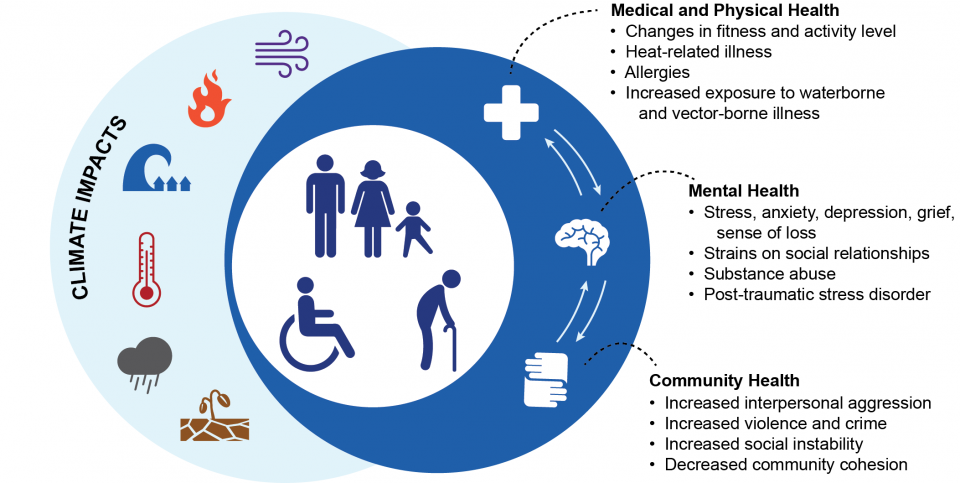 If you’re experiencing a medical emergency, call 911.
If you’re experiencing a medical emergency, call 911.
If you’re struggling with a mental health problem, don’t hesitate to reach out to your primary care physician or mental healthcare provider for professional help. According to the United States Centers for Disease Control (CDC), the uncertainty and stress surrounding the COVID-19 pandemic can exacerbate mental health issues, especially among individuals with pre-existing mental disorders and medical conditions. To find the right therapist, consider reaching out to one of the qualified mental health professionals at the Therapy Group of NYC.
At the Therapy Group of NYC, we know how challenging it can be to stick to a daily schedule, especially given the stress of the current situation. Our years of experience as a leading mental health practice have prepared us to offer dedicated mental health services during these unprecedented times. Whether you’re taking the first step in your mental health journey or transitioning to teletherapy, an experienced therapist at the Therapy Group of NYC can help you manage your symptoms and develop coping strategies.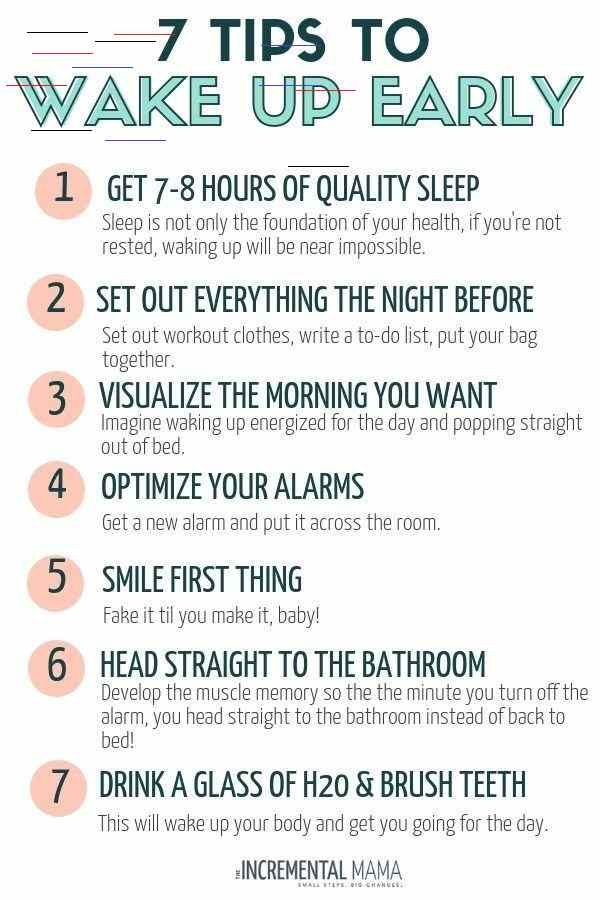
Why Routines and Schedules May Be Good for Your Mental Health
Written by WebMD Editorial Contributors
Medically Reviewed by Dan Brennan, MD on October 25, 2021
In this Article
- Benefits of Routine
- Benefits of Routine for Families
- When Routine Is Especially Important
- Tips for Creating and Sticking to a Routine
As soon as your eyes open in the morning, you must start making decisions. Hit snooze, or get up right away? Coffee before shower, or shower first? What should I wear? These morning decisions can cause stress. By cutting back on the decisions you have to make early in the day, you can get off to a better start. Make some choices ahead of time by having a routine and a schedule.
Stress reduction is just one of the psychological benefits of routine. Organizing your time can also pay off in other ways. The result will be a happier, healthier you.
Benefits of Routine
Daily routines are helpful, but you may need a weekly routine for things that you do less often, such as grocery shopping or exercise.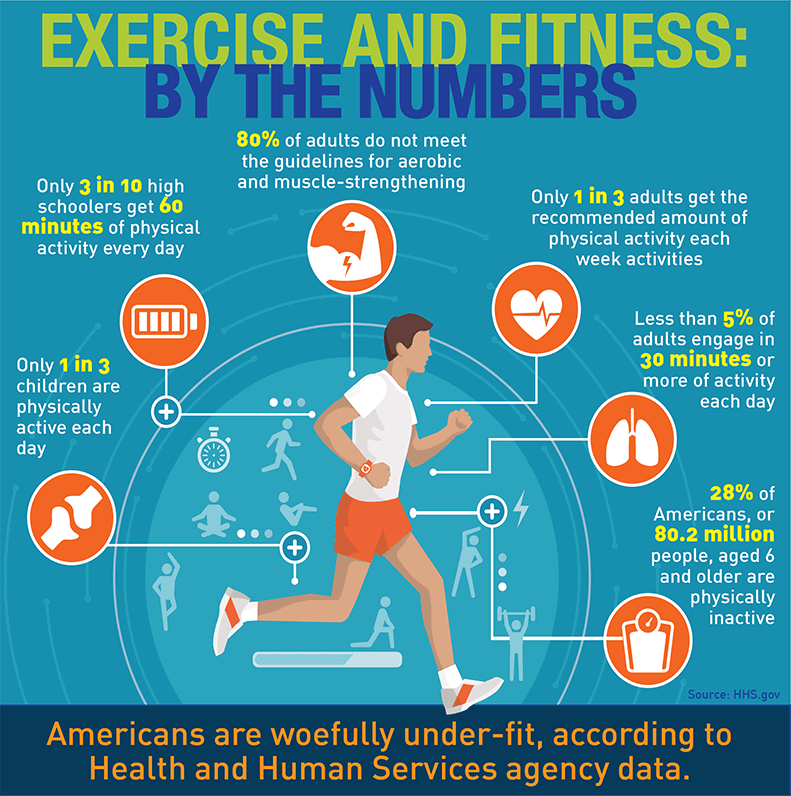 Set one or more routines, and you can reap these benefits:
Set one or more routines, and you can reap these benefits:
Your stress level will fall. If you have a plan, you'll feel more in control. You will have made many decisions in advance, and you can focus on making good choices for the ones that remain.
You'll sleep better. Keeping a consistent sleep schedule is the first step toward being better rested. Good sleep can give you a psychological boost. If you have trouble falling asleep, a bedtime routine can help.
You'll enjoy better health. Meal planning makes it easier to stick to a healthy diet, but that means setting aside time for shopping and meal prep. Similarly, you can use a routine to boost your physical activity or to take your medication on time. A healthier body means a healthier mind.
You'll be happier. If you have a schedule, you can build in time for play. Yes, adults need playtime, too. Whether it's reading, playing a video game, or watching birds at a feeder, downtime is good for your mental health.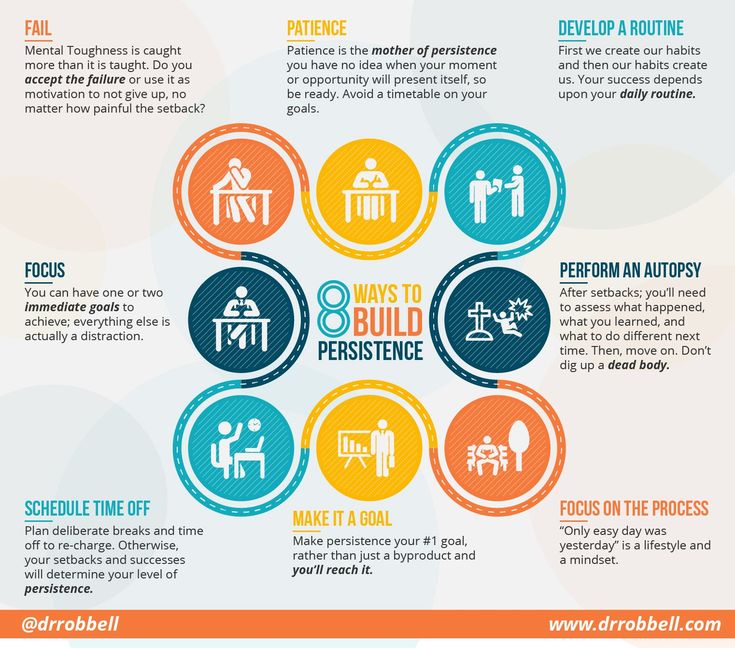 Without a plan, you may come to the end of the day without having spent time on pleasure.
Without a plan, you may come to the end of the day without having spent time on pleasure.
Benefits of Routine for Families
If you practice good time management, you'll set a good example for your children and be able to share your skills with them. In addition, having a family routine can help children feel safe and secure.
Researchers have found links between family routines and children's social skills and academic success. Also, routines are valuable for families during times of crisis. If a parent is ill, for example, children with routines are better able to cope.
Family routines can reduce the chances of a child showing symptoms of hyperactivity, impulsiveness, and other behavior disorders. According to one study, low levels of family routine are tied to oppositional defiant disorder, in which children are hostile and resentful. Researchers say that problem behavior is more common among children who don't have consistent morning routines, mealtimes, bedtime, and homework time.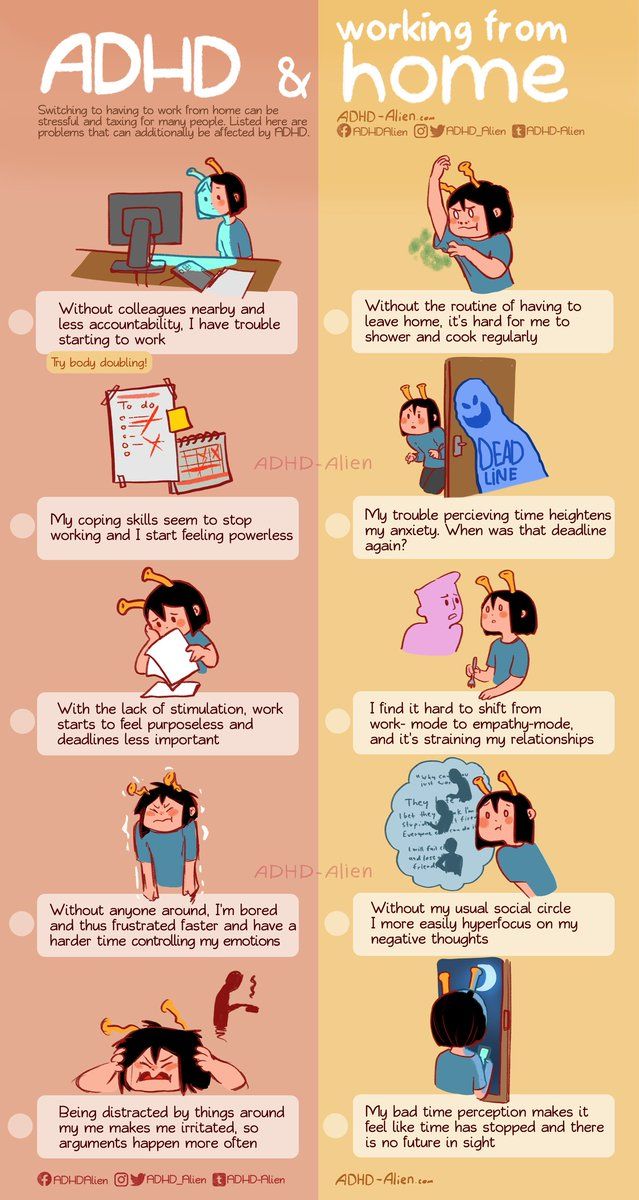
When Routine Is Especially Important
The psychological benefits of routine can make a difference if you’re facing challenges, including:
Addiction recovery. People who are recovering from addiction need to replace bad habits. Planning ahead and staying busy can stave off boredom, which could lead to relapse. Good habits can improve self-image and confidence, which are often lacking in people with addiction disorders.
Bipolar disorder . Routines may help with bipolar disorder, according to one study in which people used a tracking device to monitor their schedules. Disruptions were tied to both "up" and "down" episodes. Those with bipolar disorder may have more sensitive body clocks, researchers say.
Othermental healthchallenges. In another study, scientists studied circadian rhythms, which are the periods of rest and activity that you go through in a typical day.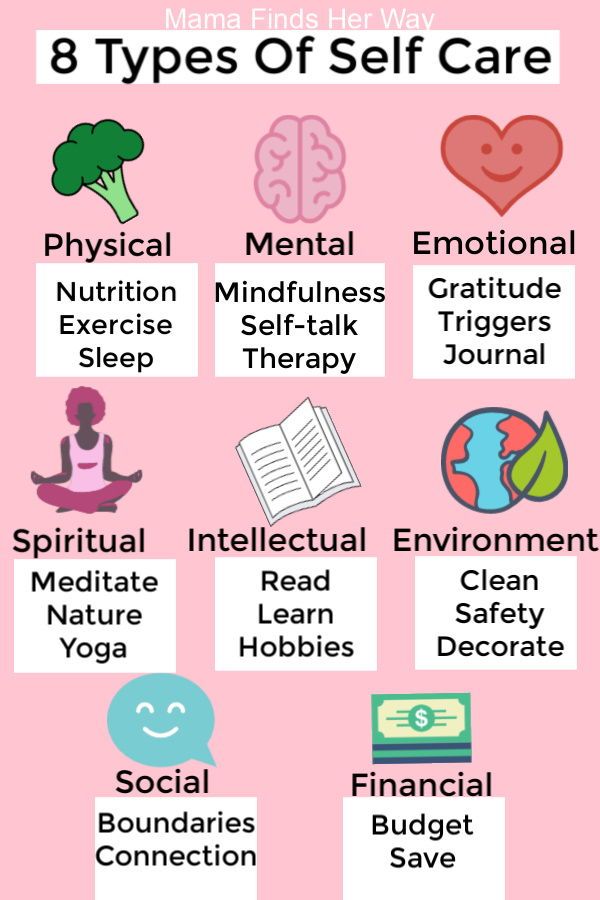 Disruptions of these cycles triggered depression, mood disorders, and other problems. The researchers also found that people with disturbed circadian rhythms were more likely to be lonely and less likely to be happy.
Disruptions of these cycles triggered depression, mood disorders, and other problems. The researchers also found that people with disturbed circadian rhythms were more likely to be lonely and less likely to be happy.
Tips for Creating and Sticking to a Routine
If you already have a daily routine, start by modifying it. But don't make too many changes at once. Write down your new routine. It can be in the form of a schedule, or it can be a list with items to check off. Your chances of success will be higher if you do most things at the same time each day.
Track your progress with a calendar or other visual aid. Reward yourself when you stick to your routine, but be sure the reward supports your goals. For example, you might reward yourself for exercising each day with a pair of new sneakers.
Routines need new habits, which can take time. In one study, people took an average of 66 days to create a new habit. Technology such as fitness trackers can be helpful in setting healthy habits.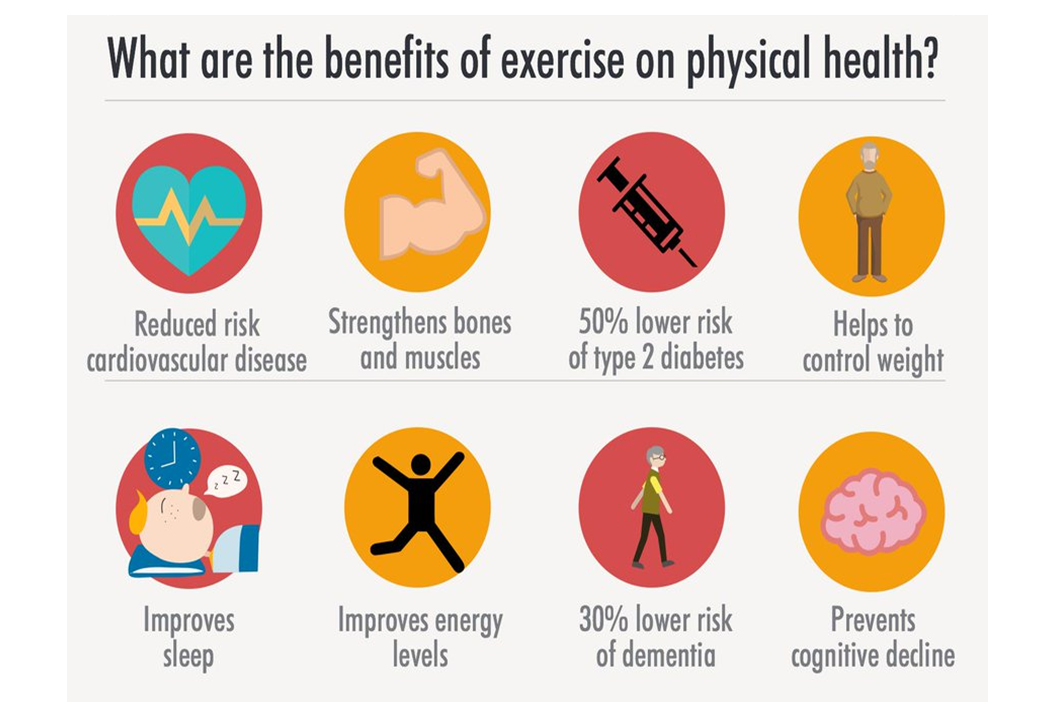 Many also track sleep, a vital part of any healthy schedule.
Many also track sleep, a vital part of any healthy schedule.
People who are trying to establish new routines and habits are told to be flexible, which can seem like a contradiction. In fact, failing to follow your routine for one day doesn’t mean you’re off-track. If you let yourself take a day off, it can be easier to return to your routine than if you think of any break in your routine as a failure.
Surprise yourself and don't put up with routine. 10 easy ways to improve mental health There are various options for coping with anxiety, apathy, restlessness and stress - from the use of deep breathing techniques to psychotherapy. But try to get better in small steps first - here are 10 simple ways to improve your mental state.
March 29, 2021
- Source:
- pixabay.com
1. Method 5, 4, 3, 2, 1
Our anxiety is often linked to the past or the future. We ask ourselves questions - will I cope with the task, will I meet the deadline, or - did I do the right thing, did I say too much?
Use the "Five Prime Number Method" to bring yourself back to the present and stop worrying.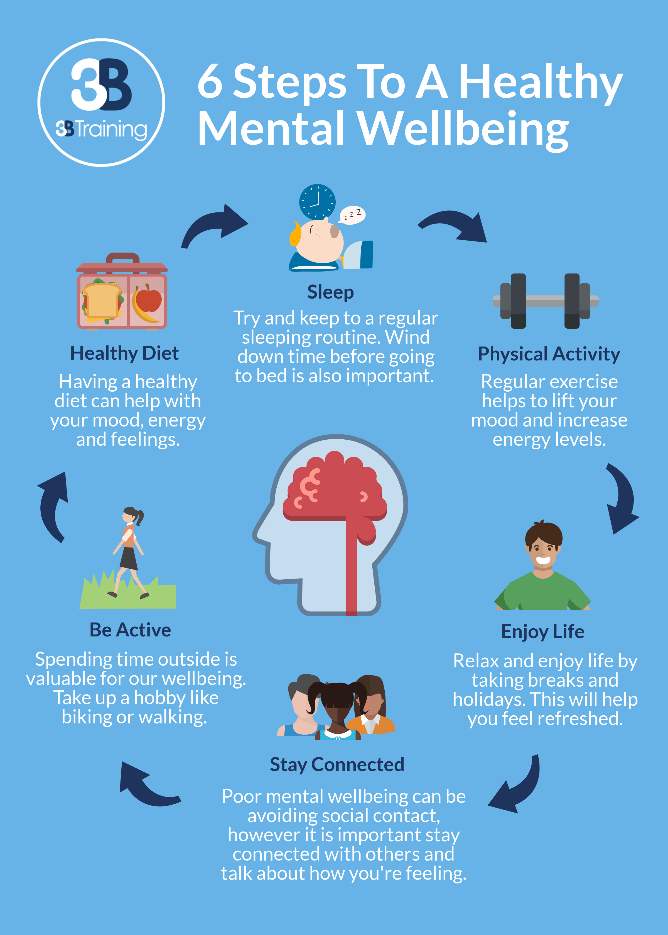
Name:
5 things you see now.
4 things you can touch.
3 sounds you hear.
2 emotions you feel.
1 flavor to try.
Read also
2. Surprise Yourself
Research has shown that when you feel elated or awestruck, or maybe a sense of awe, your own problems may seem less important.
Check - here are two Instagram accounts (an extremist organization banned in Russia) that might surprise you:
@babaktafreshi, National Geographic photographer captures the beauty of the night sky.
@chrisburkard, photographer Chris Burkad and his incredible landscapes.
3. Anticipate and Lay the Straws
- If you prepare for difficulties and think ahead about how to deal with them, problems are less likely to come as a surprise and worry you less, quotes Emily Balcetis from Men's Health , assistant professor of psychology at New York University.
4. Use the 10-10-10 rule
If you can't make a decision, think about what will happen when you make a choice - in 10 minutes, in 10 months, in 10 years.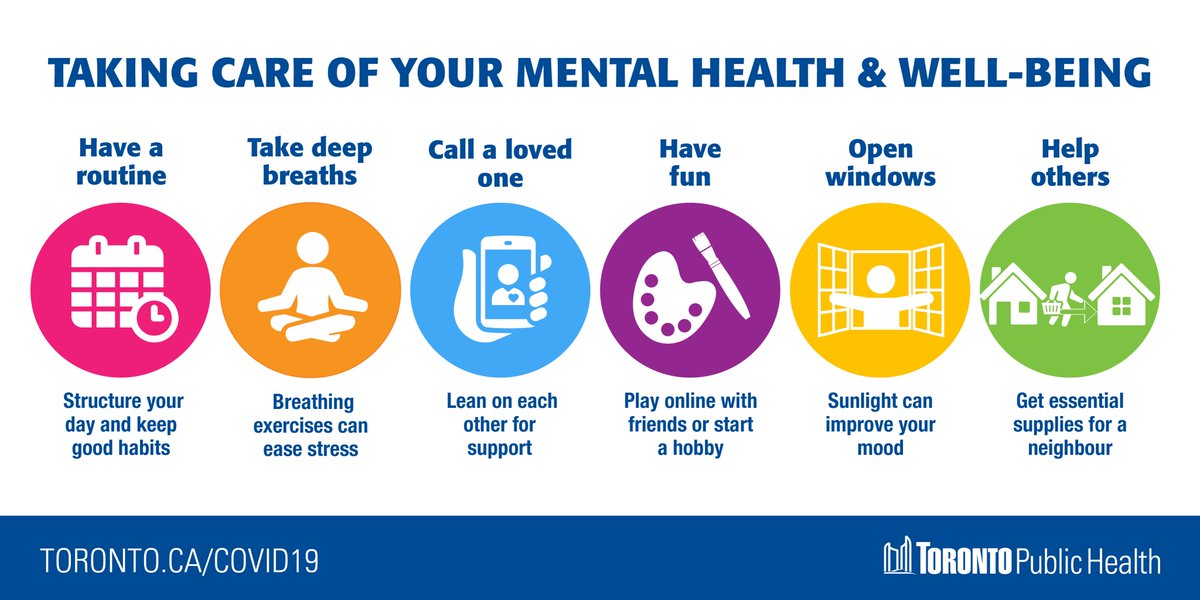
This will prevent emotions from influencing you at the moment and clarify priorities, allow you to make a decision and move on without doubts and worries.
5. Go outside
A 90-minute walk in the fresh air has been shown to reduce tension and let go of repetitive negative thoughts.
6. Check your mental playlist
Think about your five strongest feelings during the day. It can be anger, irritation, condemnation, or even self-hatred. Being aware of how you feel and how strong the feeling can help you understand why it occurs and deal with it more easily.
8. Don't put up with routine
Your life can become a little happier if you make even small changes in your daily habits. Any innovation stimulates the release of dopamine and improves mood. Take a different route to work, walk up a floor, go out for lunch even if you've never done it before, and so on.
Read also
9.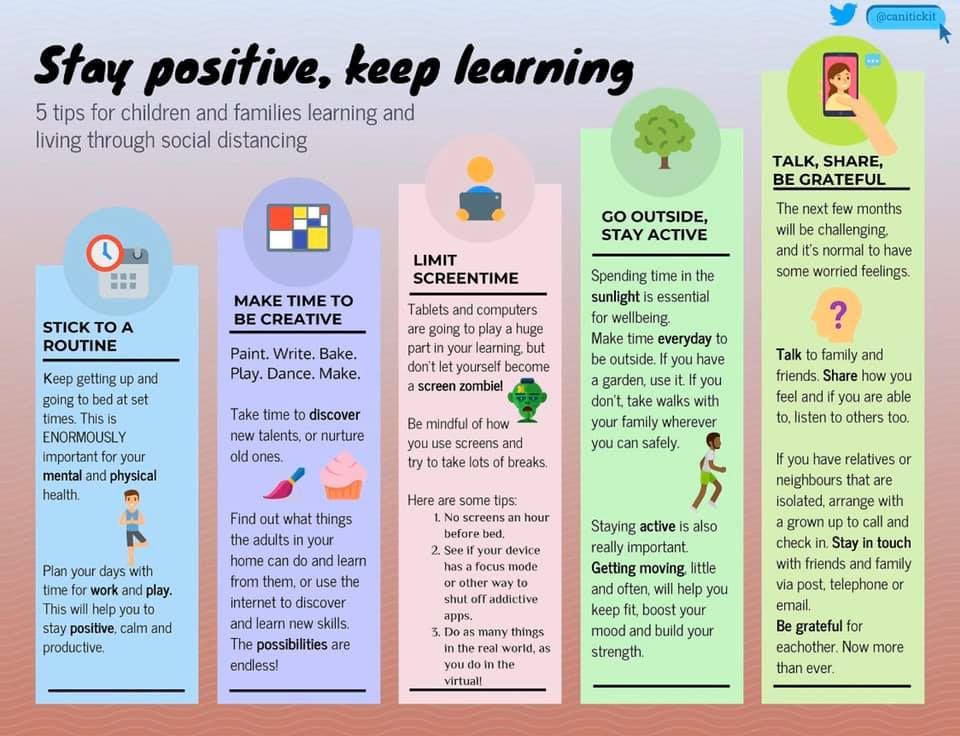 Help others
Help others
Doing good deeds can make you feel good.
"It can relieve anxiety, depression and pain," says Leela Magavi, MD of Newport Beach, California. Help can be of any kind - make an unexpected and pleasant gift to a colleague, donate money to a children's fund, pay for groceries to your grandmother at the checkout in a supermarket, or at least give up your seat on the subway - just don't be indifferent.
10. Harness the power of apples and cabbage and… the energy of sex
Eating more fruits and vegetables (at least five servings a day) can protect against depressive symptoms, boost your mood and bring back positivity, research says.
And the last - orgasm still causes a rush of dopamine, sexologists remind.
Today they are reading
“Chinese Fat Chest”: one quick weight loss exercise that conquered social networks
Professor Bokeria named 12 signs that a dangerous blood clot has formed in the chest
Up the nose, but not always: surgeons explain whether rhinoplasty will help stop snoring
Shine floors and wash every day: hygiene rules that will not make us healthy
Remove them immediately: 12 things in the house that are invisible destroy your psyche
Morning routine is good for mental health
I have never understood people who can set an alarm for the morning and instantly wake up at the scheduled time. I did not count, but I think that this morning I programmed the timer 15 times in increments of 5 to 10 minutes. When I finally got out of bed, I put on my clothes, naturally I didn’t have time to have breakfast and ran out of the house. And all this just to get angry at myself, collecting my thoughts and realizing that I still don’t feel rested. On the way to work, I asked myself: “WHY DOES THIS PLEASURE ME?!” I decided to find out for myself whether such a morning disorder in my actions is the norm for my friends too, or rather a frightening exception in my face. Morning routine is good for mental health.
I did not count, but I think that this morning I programmed the timer 15 times in increments of 5 to 10 minutes. When I finally got out of bed, I put on my clothes, naturally I didn’t have time to have breakfast and ran out of the house. And all this just to get angry at myself, collecting my thoughts and realizing that I still don’t feel rested. On the way to work, I asked myself: “WHY DOES THIS PLEASURE ME?!” I decided to find out for myself whether such a morning disorder in my actions is the norm for my friends too, or rather a frightening exception in my face. Morning routine is good for mental health.
How my loved ones wake up
“Alarm set for 6:15, 6:30, 6:45 and 7 as an alarm: “Oh my gosh!” I keep winding the clock a million times. Finally, I muster all my willpower and, gritting my teeth, get out of bed before 7:15. I take a quick shower. I let the dogs out for a walk and give them dry food. On the go, I put on half of the makeup and, if possible, put in order the appearance.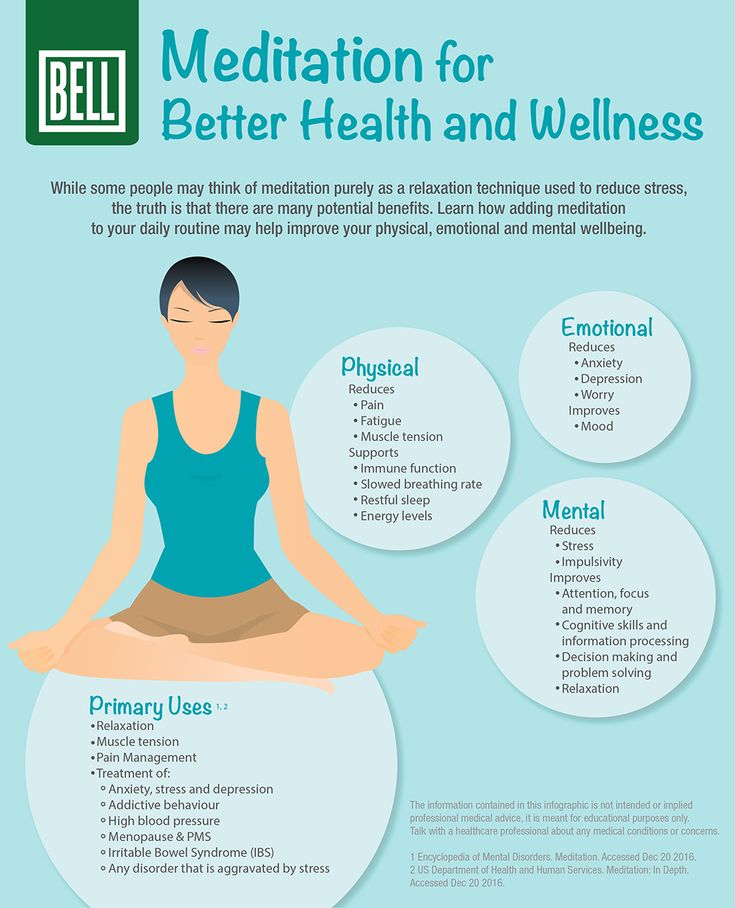 I run to work with all my might, as always, without breakfast. – Diana, 29
I run to work with all my might, as always, without breakfast. – Diana, 29
“I sleep until the last second. I can fall asleep two or three more times. I check my phone, go to the toilet, wash my face and brush my teeth, turn off the dishwasher, put on some light makeup. And then, in a hurry, I try to find something to wear. You should not count on a morning meal." – Anastasia, 28
“I sleep as long as I can until I hate myself for being late. I get up and make myself coffee. Then I take out my clothes, wash my face and do my make-up. I make my bed to the best of my ability. When I have some time left, I answer work emails while drinking my favorite coffee and planning my working day. I put on my overalls and run. I have breakfast on request. " – Kristina, 24 (who really wears overalls almost all week)
“I get up at 5, pack my work clothes, lunch and duffel bag. Then I go to the gym, take a shower at my parents' house halfway between the gym and work, walk my dog, and later go to the office.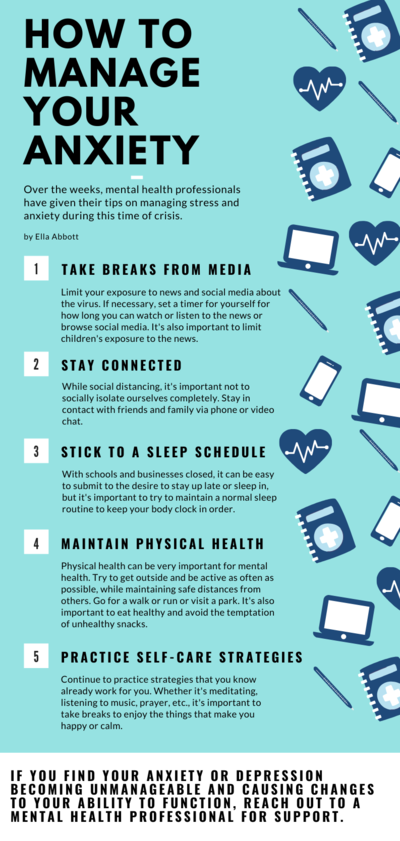 ” – Alexander, 33 years old
” – Alexander, 33 years old
What is the best routine to start the day with?
Despite the fact that it sounds intimidating, and waking up at 5 o'clock is not the best start to the day, it seems that Alexander has the most healthy and productive morning.
When you think about how your next morning will start, it sets the mood for the whole day. Thus, having a positive, relaxed and unhurried morning routine, you can set yourself up for a good and fruitful day. We are unable to control some uncontrollable external forces - congested traffic that we may encounter on the way to work, rude people on the subway, etc. But it is in our ability to allocate our time so that before leaving home, so as not to had to experience stress, and avoid rush. Ultimately, this makes a big difference and will set the tone for everything in a positive direction.
The morning routine itself, like any other aspect of our lives, is certainly an indicator of current mental health.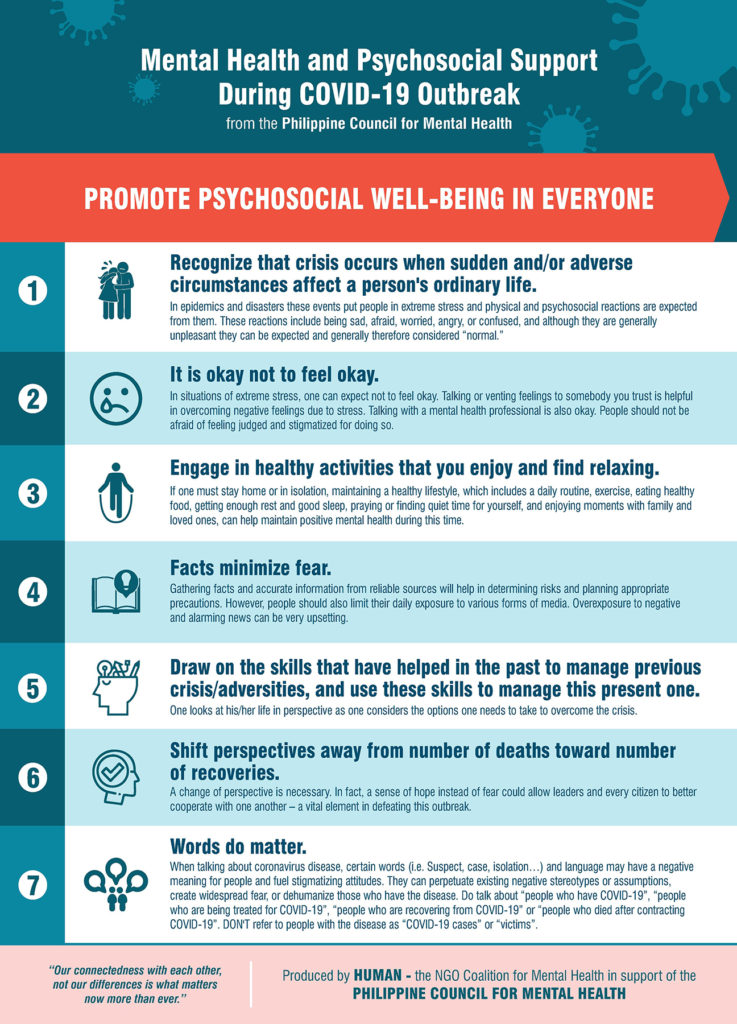 It speaks volumes about how you handle self-service in general.
It speaks volumes about how you handle self-service in general.
Why order is so important
The same pattern does not fit all people. However, from a scientific point of view, the routine is good for our emotional well-being. Some control is especially important and necessary in order to help people with depression and anxiety. While creating and maintaining order sounds somehow monotonous and even stressful. However, in the end, some conservatism reduces stress and anxiety, which also contributes to recovery from addictions.
A hormone called cortisol produced in the body works for the benefit of the whole body in the morning. Its level is highest when you first wake up, which gives you a strong boost of energy for the whole day. Use this hormone to your advantage!
If you love yoga, try solar salutations to wake up sleepy muscles. When you're feeling overly stressed, start meditating (even with the app). And here's a revolutionary idea - instead of updating Instagram 20 times before breakfast, why not read a newspaper article or solve a crossword puzzle? Warm up your brain!
If you lack inspiration, you can ask about the routine of successful people.